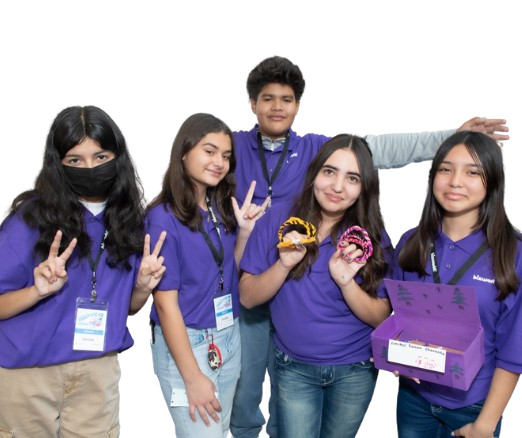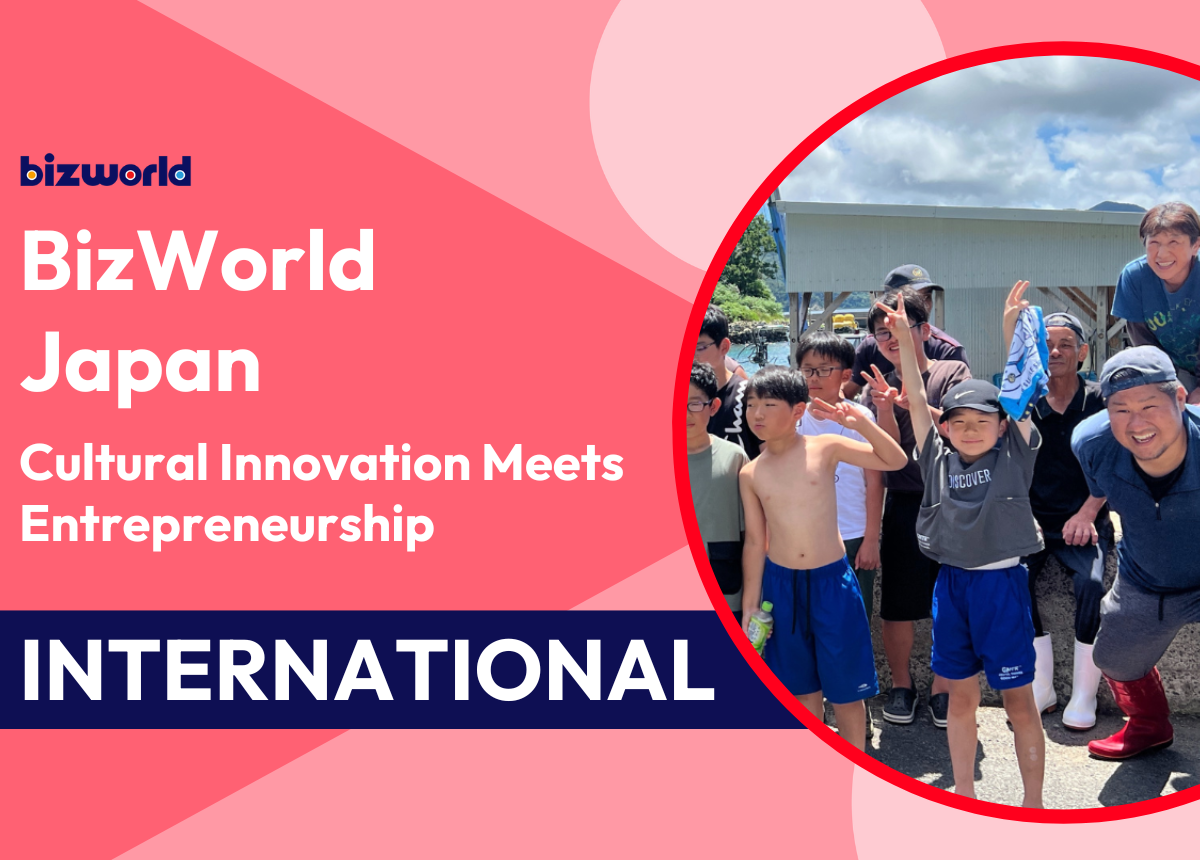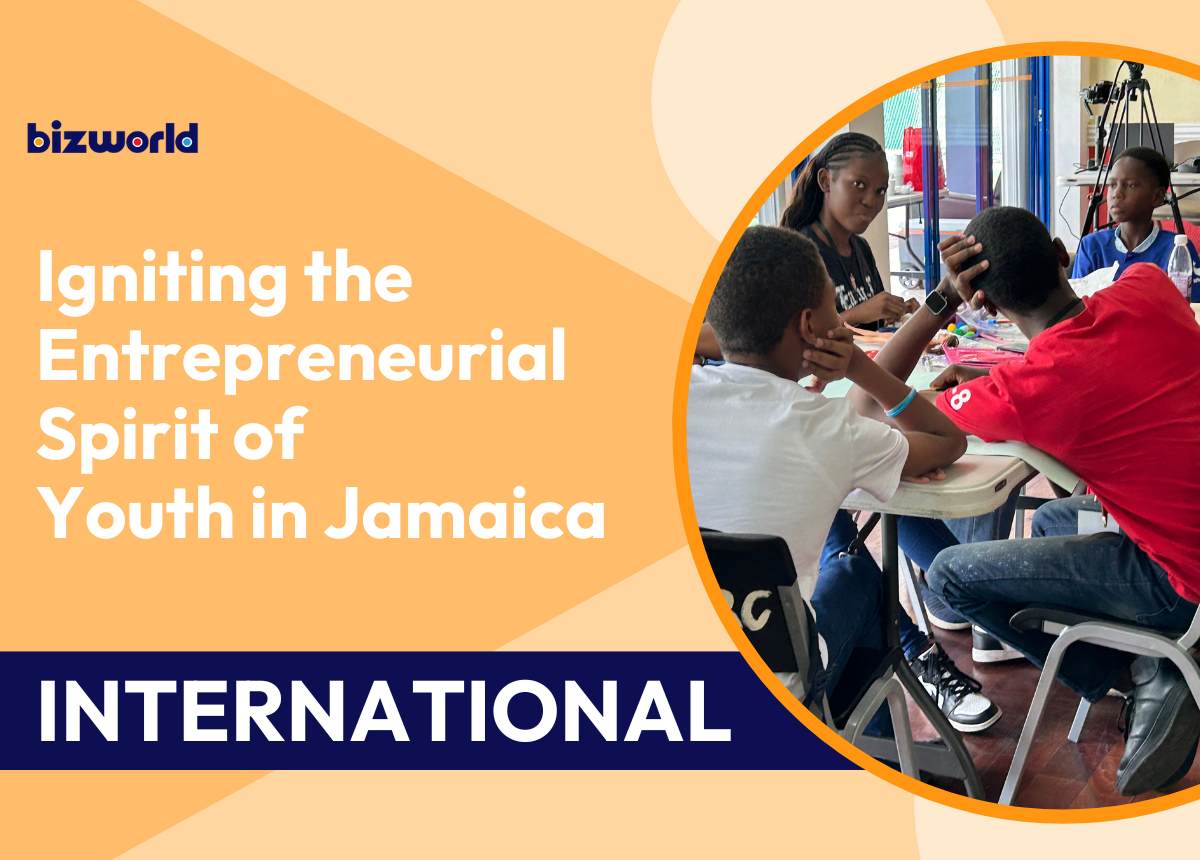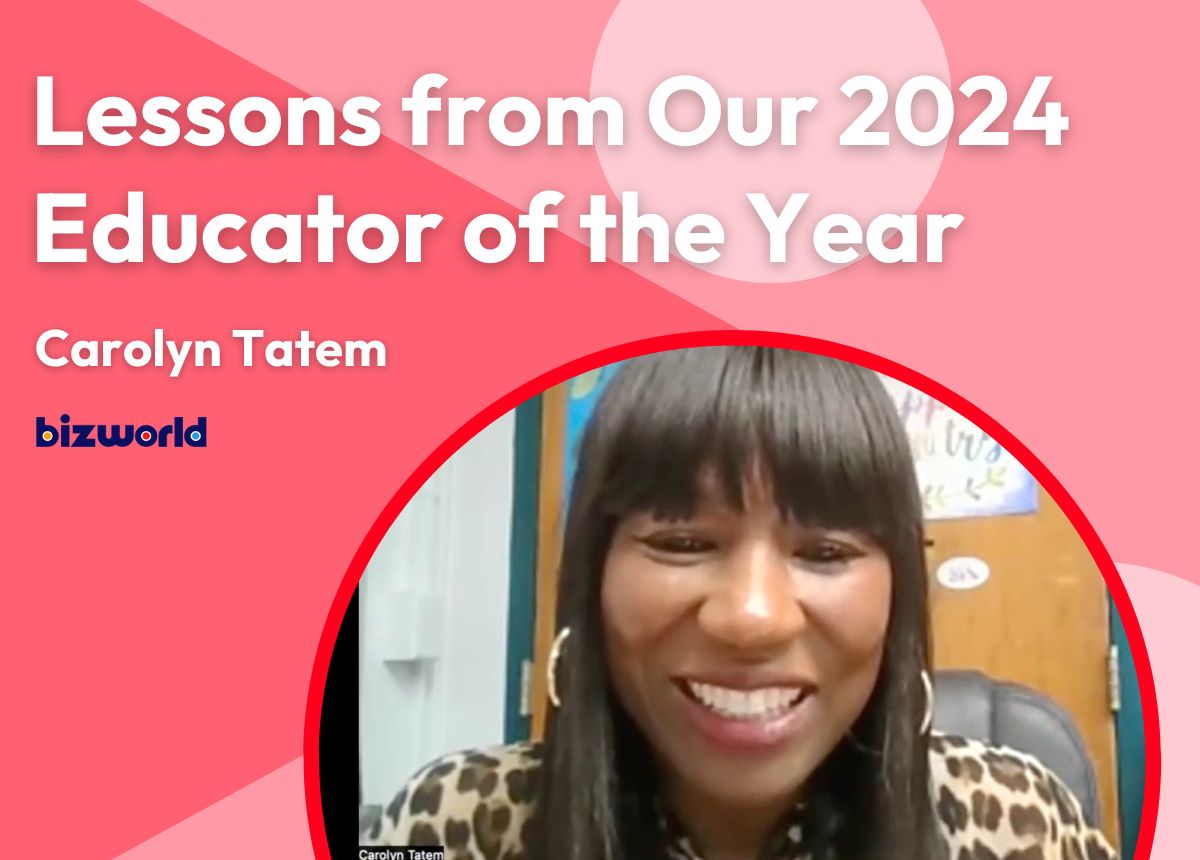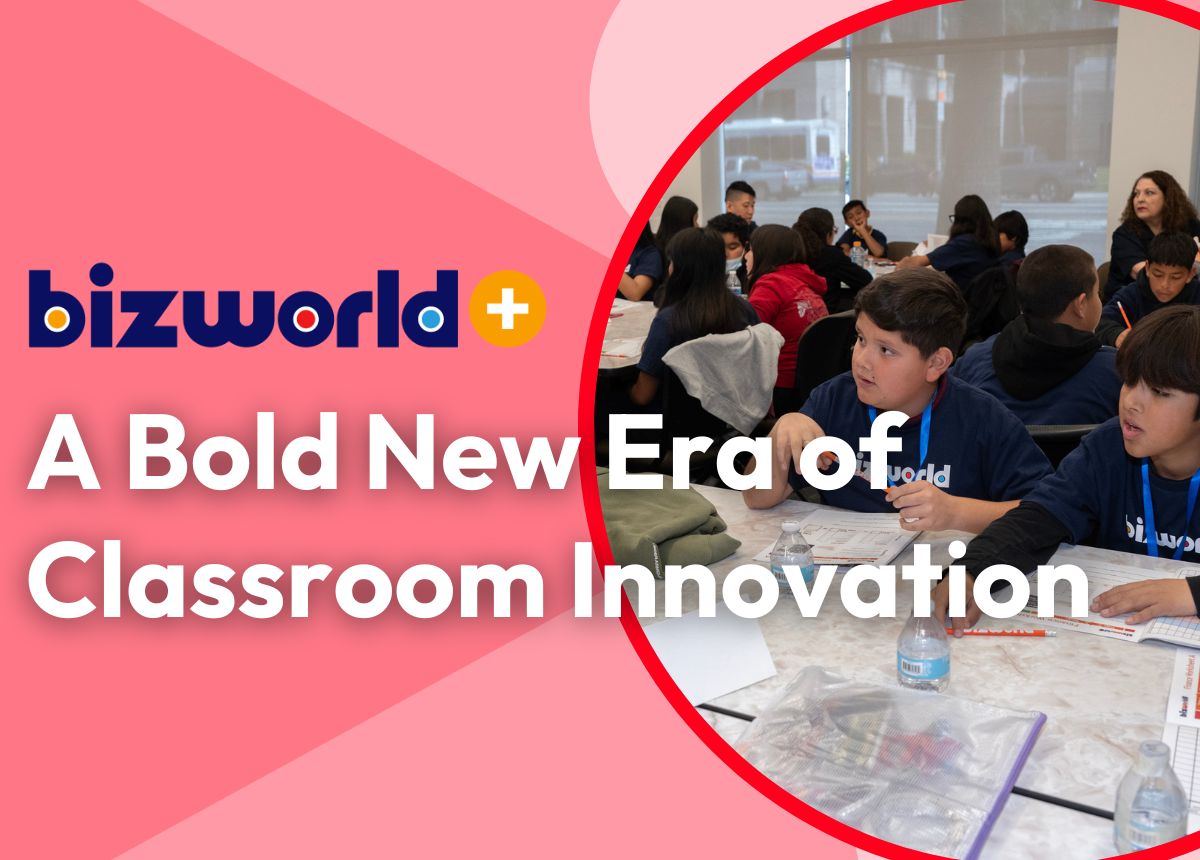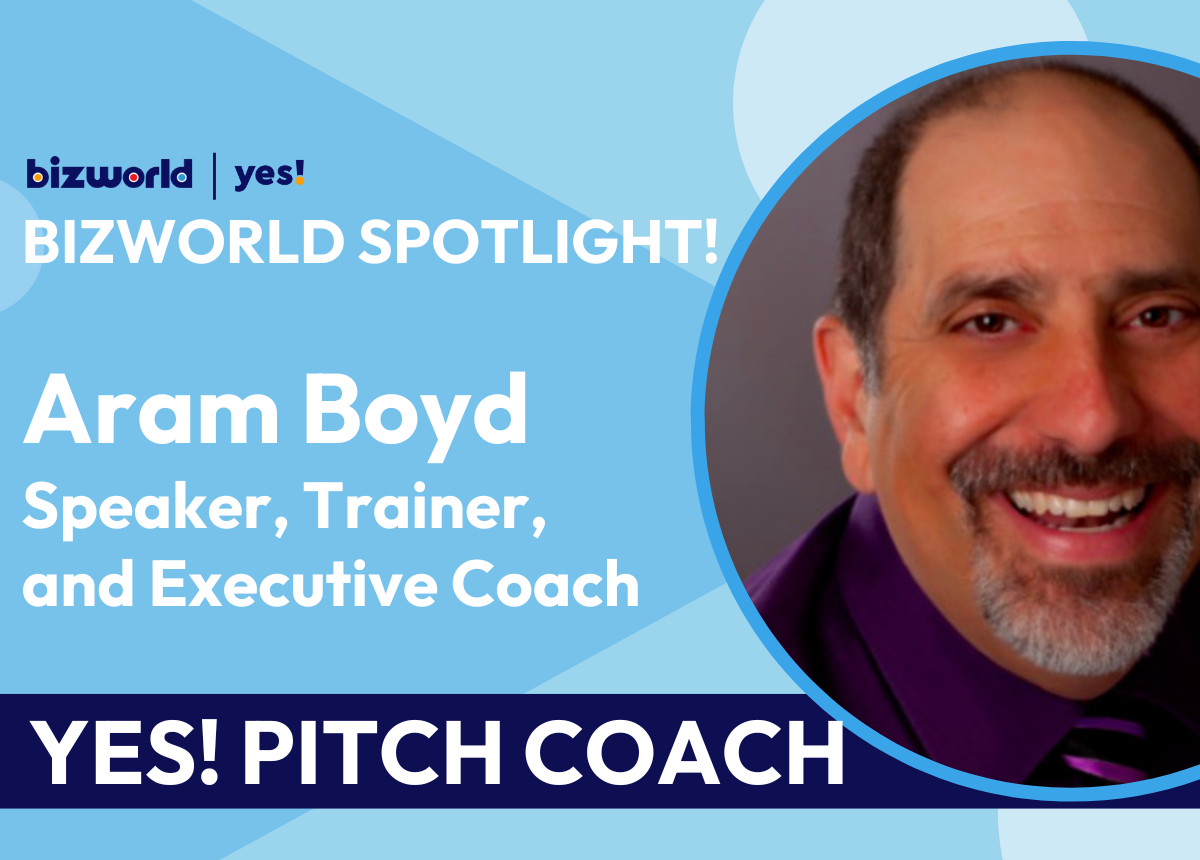
Building a Brighter Future in Tijuana, Mexico with BizWorld
“The life-changing potential of entrepreneurship knows no boundaries.” – Deanne Giffin, 4th grade teacher at Bancroft Elementary School in California This summer, a remarkable transformation took place in Tijuana, Mexico, where BizWorld’s project based learning program brought together a diverse group of youth and adults eager to learn and grow. The camp was held in partnership with a local community center, Esperanza For Sons and Daughters, run by Pastors Rolando and Rubi, who have long been committed to uplifting their community through education and support. This was no ordinary summer camp; it was a vibrant mix of entrepreneurship, community, and hope, designed to challenge participants to envision and create a better future for themselves and their families. IThe idea to bring BizWorld to Tijuana was sparked by Deanne Giffin, a dedicated 4th-grade teacher from California with a long history of service in the Tijuana community. After learning about the BizWorld program, Deanne saw its potential to provide valuable life skills to the community members she had grown so close to over the years. “My friend, Melissa (Development & Community Director at BizWorld,) told me about the BizWorld program in early 2024. It sounded like a perfect program to teach skills to the community in Tijuana and bring hope for the future of many students and adults,” Deanne shared. The camp was unique in that it included participants from various age groups—ranging from young children to middle-aged adults. This multi-generational approach fostered a sense of community and collaboration that was truly special. Parents worked alongside their children, and teenagers who often lack family support found themselves part of a new, nurturing community. Reflecting on this experience, Deanne said, “It was moving to see moms planning with their young children and smiling as they dreamed of creating a business.” The camp’s curriculum, which covered the fundamentals of entrepreneurship, was more than just a learning experience—it was a life-changing event for many participants. For some, it was their first introduction to the world of business, and the program quickly became a source of inspiration. “The optimism that this could really change their futures was significant,” Deanne noted. She recounted the story of a young mother who, through her participation, realized that starting her own business was not only possible but within her reach. The success of the BizWorld camp in Tijuana has sparked interest in expanding the program further. Deanne is already planning to implement BizWorld with her 4th-grade students in California, and she hopes to continue supporting the Tijuana community as well. The potential for growth is significant, with plans to possibly extend the program to other parts of Tijuana and beyond. “I am so impressed with the level of understanding these students have shown,” Deanne remarked. “Their displays were well thought out and professional.” The story of BizWorld in Tijuana is a powerful reminder of how entrepreneurship education can transform lives and communities. As BizWorld continues to expand its reach, the organization is always looking for new partners who share their mission of educating youth through entrepreneurship. Whether it’s through sponsoring a camp, becoming a licensed program partner, or simply supporting our mission, there are many ways to get involved and make a difference.

